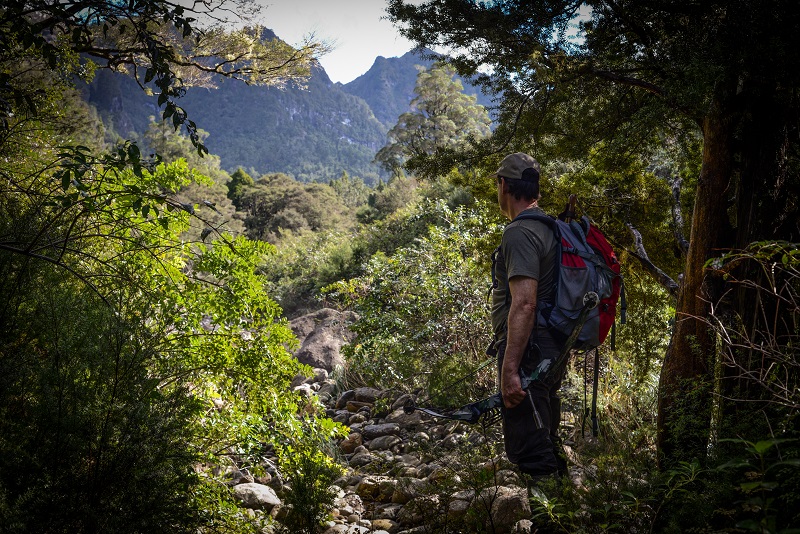Being psychologically resilient is a very important, but often overlooked, aspect of survival. At its very basic core having resilience refers to the ability to effectively cope with stress and challenging situations. It is often defined as having the ability to bounce back. In our view this means bounce back to your day to day life, but not necessarily the same one as you had before. Experiencing, and surviving, an adverse or extremely challenging situation changes you. This in itself can be a great resilience builder.
One of the most important requirements for survival is the ability to accept the reality of the situation and react appropriately. In a survival situation you need to be able to call on your coping strategies and, perhaps most importantly, you need to have the skills of adaptive coping.
However you don’t need to survive a disaster or get lost in the bush to develop resilience. While some people seem to be born with a more resilient personality, the process of becoming more resilient can be learned and increased by us all. Being resilient is often linked with being optimistic and having hope. These factors are certainly influential in your level of resilience, but it is not correct to assume that all optimistic people are also resilient or that simply being optimistic means you have great resilience. Being resilient isn’t about being optimistic as such but rather about being able to approach stress and adversity in a positive manner. This includes acknowledging and dealing with negative experiences, emotions or feelings. Survival resilience is all about being able to face reality, make plans and realistic judgements on steps to take.
A fantastic, and fun, way to improve your survival resilience is to get out in the bush (with good preparation and adequate knowledge) and experience a mini-survival. The self-confidence, satisfaction and growth you obtain from this is highly valuable. However it is important to understand that in order to gain resilience (rather than experiencing more distress), you need to be supported (with knowledge, emotional support and preparation) to face the challenges. That is why it is best to go out with a trained instructor. If you would like us to show the way, contact us for a bush survival course!


Leave a Reply